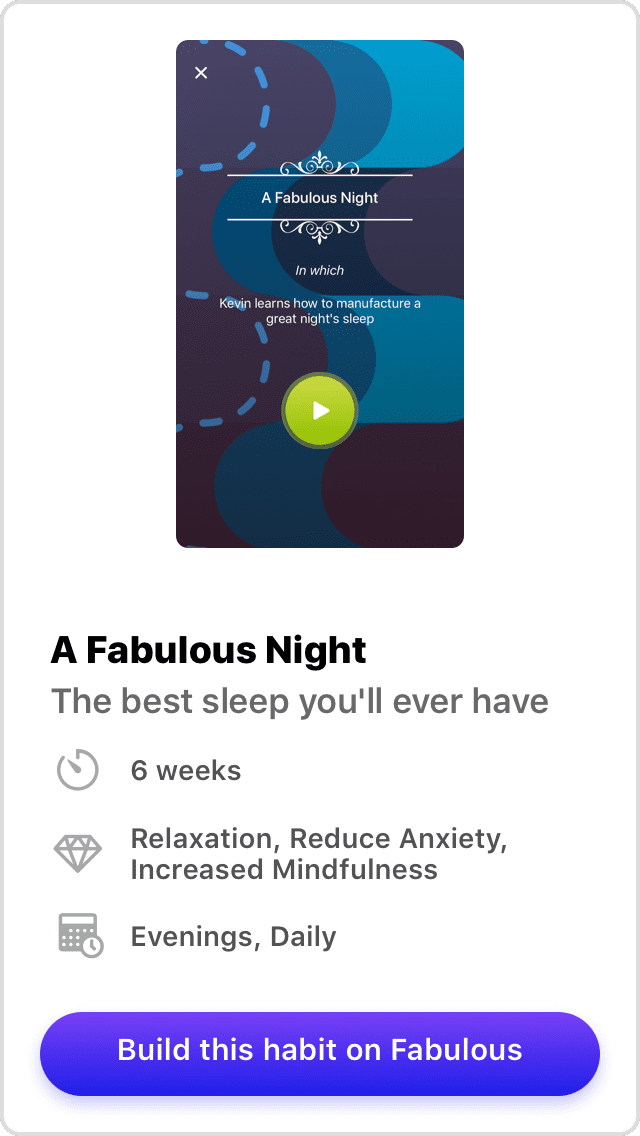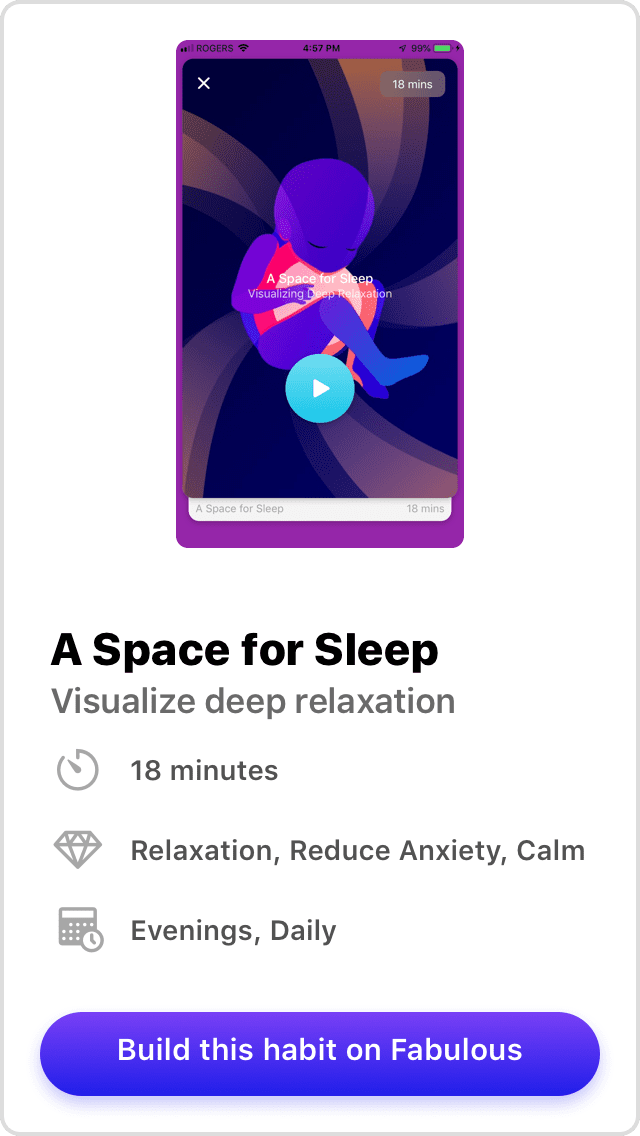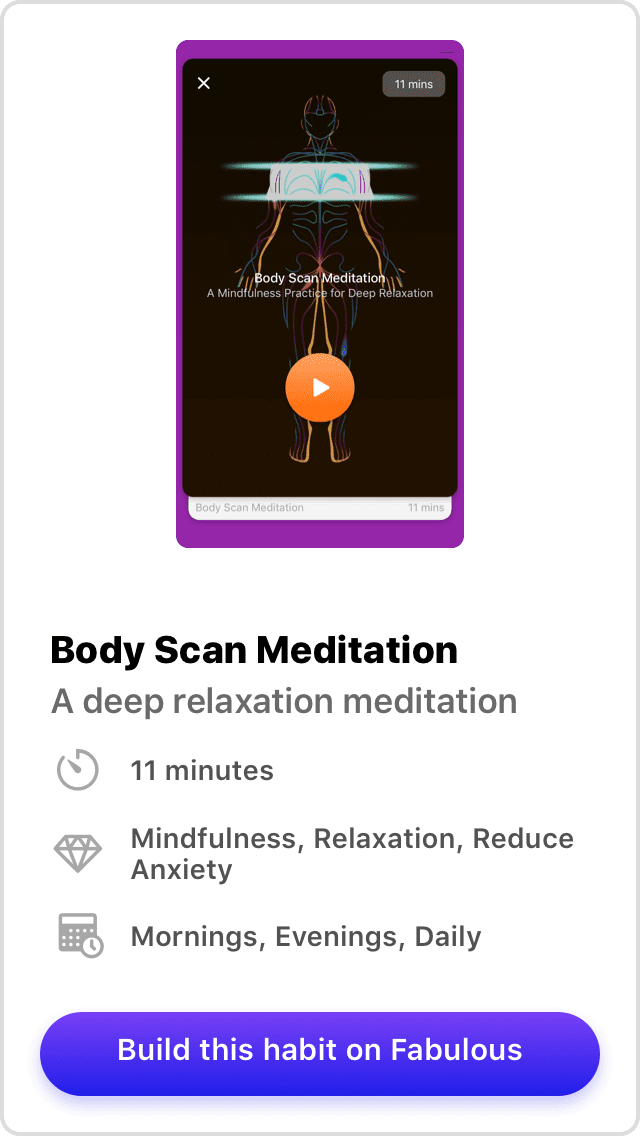According to the American Academy of Sleep Medicine (AASM), 33% of American adults aren’t getting enough sleep. The AASM calls it a “health imperative,” as sleep is, “a growing and underappreciated determinant of health status.” Sleep deprivation is taking a toll on our collective health. But how much sleep do you need? And what happens when you don’t get enough? Can you sleep too much? We answer all these questions and more in today’s blog post.
The Thing About Sleep
There seems to be no end to the list of reasons why good sleep hygiene is so important. Well-rested people weigh less, are more productive, and feel happier. When we sleep well, we wake up energized and refreshed. It makes us better able to make good decisions throughout our day. We’re better equipped to face life’s challenges.
While sleep might look kind of boring and uneventful from our perspective, a lot is going on in our bodies while we’re snoozing away. Our brain processes information we gathered throughout the day and our bodies are busy digesting food, repairing muscle, and fighting diseases.
Think of it like race car driving. When you’re awake, you’re racing down the track, causing wear and tear inside and out. Going to sleep is like pulling into a pit stop. Once you fall asleep, the pit crew comes out and fixes all the damage that came from the day’s activities so that you’re in top shape for the next leg of the race. Imagine the consequences if racers didn’t stop to refuel and repair!
TIP: Did you know Fabulous can help you sleep better? Try our A Fabulous Night journey to sweeten your dreams!
The Dangers of Not Sleeping Enough
Because sleep plays such a hefty part in our overall health, not getting the recommended hours of sleep can have devastating consequences. Poor sleep hygiene at its least threatening makes us feel groggy, which can make it difficult to concentrate. If you can’t concentrate or think clearly, it’s going to be exponentially harder to make good decisions, like choosing a homemade salad over fast food for lunch. It also makes it hard to exercise, and can even worsen our athletic performance. It makes sense; it’s hard to exert yourself when you’re already exhausted!
These are minor consequences compared to the real damage lack of sleep can do to your body. Without the chance to repair itself, illnesses and injuries take longer to heal. Our immune function suffers. Inflammation increases, particularly in the digestive tract. Poor sleep can also increase your risk of heart disease and stroke.
Sleep deprivation also affects our insulin sensitivity. Have you ever noticed that, when you’re tired, you also crave carbs and sugars? Poor sleep hygiene increases our hunger hormones and makes us crave foods that will make us feel more awake (at least temporarily). However, indulging these cravings too many times can lead to obesity and type 2 diabetes.
Finally, quality of sleep affects your mood. It’s hard to feel cheerful when you’re tired! There’s a correlation between people with mood disorders like depression and difficulties sleeping. In fact, an estimated 90% of people with depression complain about sleep troubles.
Moreover, being tired makes it harder to recognize and process emotional information. Sleepy people have greater difficulty recognizing expressions of emotions from other people. They also often miss important social cues.
TIP: One quick method to set yourself up for a good night sleep is to turn your bedroom into a sanctuary. Don’t know where to start? Take “A Space for Sleep” guided meditation to learn how you can create an environment for a deep sleep.
Can You Sleep Too Much?
It’s obvious that not sleeping enough is downright dangerous. But what about sleeping too much? Is there even such a thing, and what are the consequences of oversleeping? The short (and maybe unfortunate) answer is yes, there is definitely such a thing as sleeping too much. As we stated earlier, seven to eight hours is the average number of hours considered to be a good night’s sleep for healthy adults. Some people need slightly more or less than this (especially younger people), but health experts agree that people sleeping more than ten hours a night are in danger of suffering the same health consequences they would by not sleeping enough.
Excessive sleepiness in spite of getting regular sleep each night could be the sign of an underlying health problem. Hypothyroidism, sleep apnea, and depression can all cause chronic fatigue. If you’re sleeping a lot and still not feeling refreshed, speak to a doctor.
Tips for Sleeping Well
So, how much sleep is enough? The healthy amount of sleep for the average adult is around seven to eight hours per night. If you’re having trouble sleeping, we have some tips that can help you catch those much-needed Z’s.
Get on a Schedule
Your body’s a creature of habit. It likes to do the same things at the same times each day. So, let it do what comes naturally, and schedule your sleep at the same time each day. Going to sleep and waking up at the same time every day will make it easier to fall asleep and wake up in the long run.
Use Light to Your Advantage
Your circadian rhythm depends on light cues to determine whether it’s time to sleep or wake up. In other words, when it’s dark out, your brain thinks it’s time for bed and will start getting ready by making you sleepy. If your eyes are being bombarded with light, however, your brain thinks it’s still daytime and stays awake.
This is particularly problematic in our digital world. The blue light emitted from our screens tricks our brain into thinking it’s daytime, even in the middle of the night! That’s why it’s so important to get off your devices an hour or so before bed.
Exercise Regularly
Not only is exercise good for your body, it’s also good for your sleep hygiene! Working out boosts the number of feel-good chemicals in your brain and decreases the amount of stress hormones like cortisol. This makes you feel calmer and more relaxed, which can make it easier to sleep later in the day.
Plus, moderate exercise can help you burn off excess nervous energy, which can also help you relax.
If you need something a bit stronger, take the Fabulous Body Scan meditation for the ultimate state of deep relaxation.
Get Warm, Then Cool
Changes in our body temperature can affect how sleepy we are. When we fall asleep, our core body temperature decreases. So, encouraging this decrease in body temperature as we get ready for bed can help us get sleepy.
There are two easy ways to do this. The first is to take a hot shower or bath before bed. Not only will it relax your muscles and help you feel refreshed after a long day, cooling off afterward will signal to your brain that it’s time to sleep. The second way is to decrease the temperature in your room, which will make you feel cooler. Combine both methods and double your chances of refreshing sleep!
The Takeaway
The next time you hear someone brag about how little sleep they got last night, don’t feel insecure about it. In fact, grant that person some pity. Sleep deprivation is nothing to brag about.






